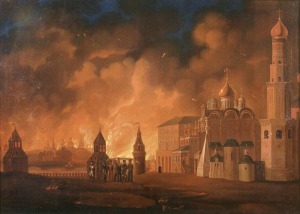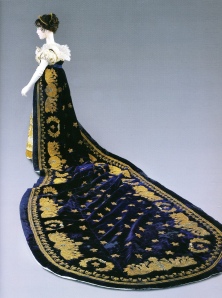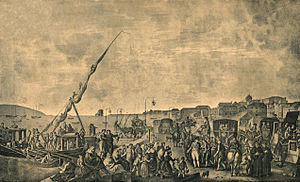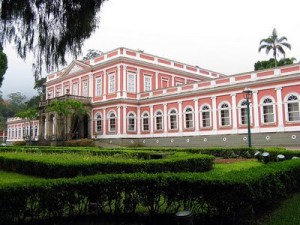 It’s almost October—that means it’s new book day for me!!!! Betrayed By His Kiss is (almost) available now (see it on Amazon here or at my website for more info)–and you can win a signed copy by commenting on today’s post. Here’s a little sneak peek at the history behind the book….
It’s almost October—that means it’s new book day for me!!!! Betrayed By His Kiss is (almost) available now (see it on Amazon here or at my website for more info)–and you can win a signed copy by commenting on today’s post. Here’s a little sneak peek at the history behind the book….
I was first inspired to write Isabella and Orlando’s story when I had a yucky cold and spent the weekend lounging around on the couch, having an epic viewing of all three seasons of The Borgias! The sumptuous costumes, the luxurious palaces, the passion and murder and danger. (Not to mention Cesare’s eyes…). I’ve always loved the Italian Renaissance, the beauty and intrigue of it. And I loved finding the characters of Isabella and her Orlando among the palazzos and riverbanks of Florence.
The pinnacle of danger in the Renaissance came with the famous Pazzi Conspiracy of 1478. It was an attempt by a few members of the ancient Pazzi family, along with some powerful allies (including the pope!) to displace Lorenzo de Medici as the de facto ruler of Florence. On April 26, 1478, they rose up in the midst of a crowd of 10,000 at Mass in the Duomo to assassinate Lorenzo and his handsome younger brother Giuliano. Lorenzo escaped; Giuliano did not.
According to the Encyclopedia Britannica:
In league with the Pazzi were Pope Sixtus IV and his nephew Girolamo Riario, who resented Lorenzo de’ Medici’s efforts to thwart the consolidation of papal rule over the Romagna, a region in north-central Italy, and also the archbishop of Pisa, Francesco Salviati, whom Lorenzo had refused to recognize. An assassination attempt on the Medici brothers was made during mass at the Cathedral of Florence on April 26, 1478. Giuliano de’ Medici was killed by Francesco Pazzi, but Lorenzo was able to defend himself and escaped only slightly wounded. Meanwhile, other conspirators tried to gain control of the government. But the people of Florence rallied to the Medici; the conspirators were ruthlessly pursued and many (including the archbishop of Pisa) were killed on the spot.
The failure of the conspiracy led directly to a two-year war with the papacy that was almost disastrous for Florence. But the most important effect was to strengthen the power of Lorenzo, who not only was rid of his most dangerous enemies but also was shown to have the solid support of the people.
 I always love incorporating real historical figures into my fictional stories. Botticelli is one of my favorite artists! Isabella’s cousins Matteo and Caterina are not real, though Giuliano de Medici certainly might have been in love with the beautiful, fragile Caterina, who is loosely based on his real love Simonetta Vespucci, who died young of tuberculosis and was the model for many of Botticelli’s paintings. . Fiencosole is also a fictional town, but based on some of the many walled, beautiful fiefdoms of Renaissance Italy.
I always love incorporating real historical figures into my fictional stories. Botticelli is one of my favorite artists! Isabella’s cousins Matteo and Caterina are not real, though Giuliano de Medici certainly might have been in love with the beautiful, fragile Caterina, who is loosely based on his real love Simonetta Vespucci, who died young of tuberculosis and was the model for many of Botticelli’s paintings. . Fiencosole is also a fictional town, but based on some of the many walled, beautiful fiefdoms of Renaissance Italy.
 Help! I have a WIP due in (gulp) less than two weeks, and am, as usual, a bit behind. So let’s have a contest! I have a DVD of a wonderfully horrible 1989 movie (from a Barbara Cartland novel!), The Lady and the Highwayman. It has–wait for it–a young Hugh Grant as a Restoration highwayman. With a mullet!!!! This film MUST be seen to be believed, and I will give it away to one commenter on today’s post. Just tell me–what’s your favorite “so bad it’s great” movie? What do you watch when you need a laugh, or a comfort-watch?
Help! I have a WIP due in (gulp) less than two weeks, and am, as usual, a bit behind. So let’s have a contest! I have a DVD of a wonderfully horrible 1989 movie (from a Barbara Cartland novel!), The Lady and the Highwayman. It has–wait for it–a young Hugh Grant as a Restoration highwayman. With a mullet!!!! This film MUST be seen to be believed, and I will give it away to one commenter on today’s post. Just tell me–what’s your favorite “so bad it’s great” movie? What do you watch when you need a laugh, or a comfort-watch?






